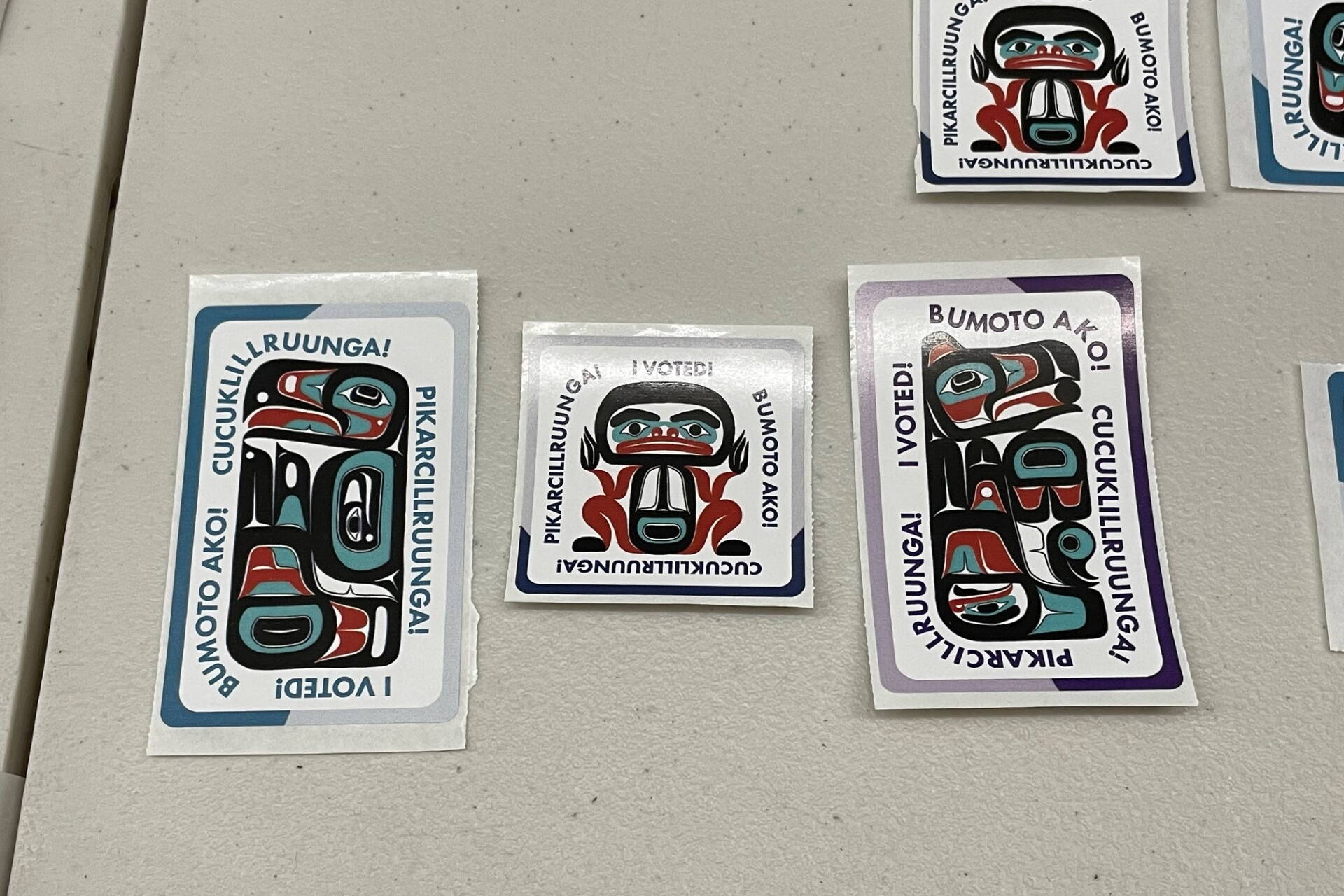A ballot proposition repealing Alaska’s ranked choice voting is now ahead by just 0.28% as of Saturday afternoon, compared to a gap of 0.84% on Thursday, putting the measure’s fate in question with an estimated 9,000 votes still to be counted before final results are scheduled to be tallied next Wednesday, according to the state Division of Elections.
The repeal of the ballot measure is leading by 895 votes of the more than 328,000 ballots counted as of Saturday. That means about 55% of the estimated remaining votes would need to oppose the repeal for it to be defeated. A week ago Friday the vote in favor of the repeal had a lead of 4,137 votes, on Tuesday it was 2,841 votes and on Thursday 2,412 votes.
“As I’ve watched where things ended I held out the possibility that we might overtake,” Bruce Botelho, chair of opposition group Alaskans for Better Elections, said after Saturday’s results were released. “I still hold that, although I think the one thing that is clear — and it’s been stated often — is that whatever the outcome it’s going to be razor thin.”
Botelho declined to comment about the possibility of seeking a recount or challenging the results.
The measure, in addition to repealing ranked choice voting used for the first time in 2022 after voters approved a ballot proposition for it, also repeals open primaries implemented the same year where the top four candidates advance to the general election regardless of party. Botelho said if the current repeal is successful it is likely there will be an attempt to reimplement open primaries, possibly in a modified form where the top two candidates advance.
“Clearly a large part of the public did not accept ranked choice voting itself,” he said. “On the other hand we heard a lot of enthusiasm about the open primaries.”
Supporters of the repeal effort have been critical of open primaries, stating they harm the ability of people registered with a political party to determine their nominees for general elections. They’ve also criticized ranked choice voting as confusing to many residents, unfair to candidates who may lose elections even if they get the most first-choice votes, and causing uncertainty about the integrity of the process since the ranking process occurs two weeks after election day.
Begich claims victory, but Peltola not conceding
The gap also continues to narrow — but not nearly as much — in the race for Alaska’s lone U.S. House seat. Republican challenger Nick Begich III has 48.72% and Democratic incumbent Rep. Mary Peltola 46.1% — a gap of 2.6% and more than 8,300 votes.
That means Peltola would need to win nearly all of the remaining uncounted votes merely to surpass Begich — and if neither candidate had more than 50% then ranked choice voting process would be invoked. Among the two other candidates on the ballot, Alaska Independence Party candidate John Wayne Howe has 3.94% — with his second-choice voters likely to prefer Begich — and New York prison inmate Eric Hafner— running as a Democrat — has 1.02%.
Begich claimed victory in a social media post on Saturday.
“The path forward begins with a unified understanding of what Alaska can do for the rest of our nation,” he wrote. “Together, we will deliver results for Alaska, creating long-term jobs, protecting our way of life, and playing our part to put America back on track. Alaska’s resources are not only a blessing for the people of our state — they are vital to the strength and independence of our entire nation.”
Peltola’s campaign spokesperson Anton McParland told the Anchorage Daily News on Saturday the campaign plans to release a statement on Tuesday. The Associated Press has not yet officially projected a winner in the race.
• Contact Mark Sabbatini at mark.sabbatini@juneauempire.com or (907) 957-2306.

